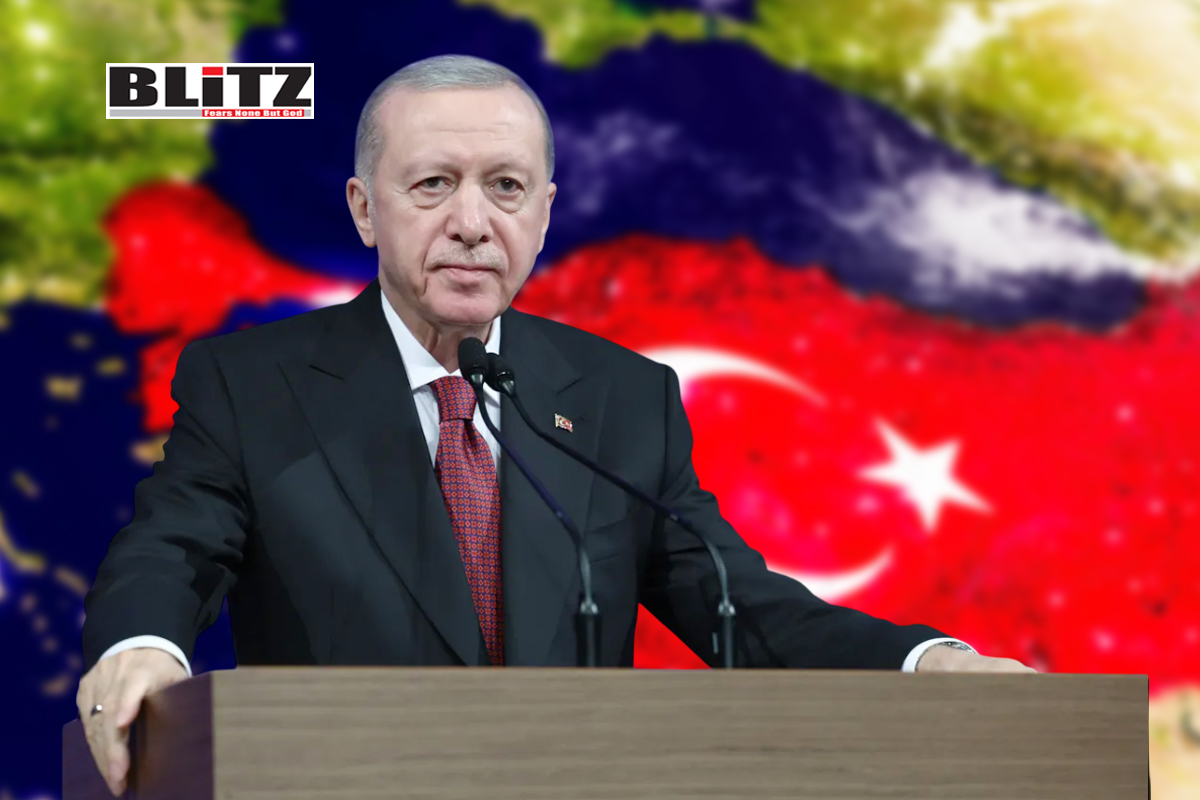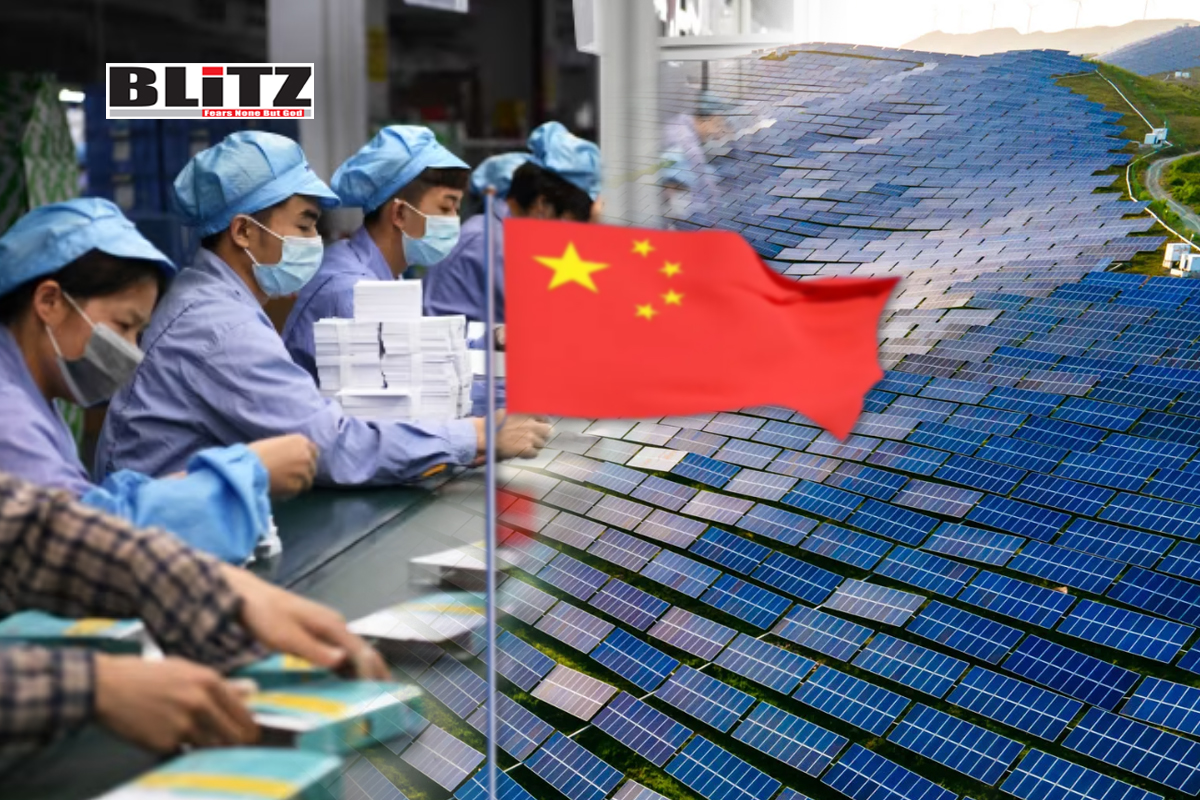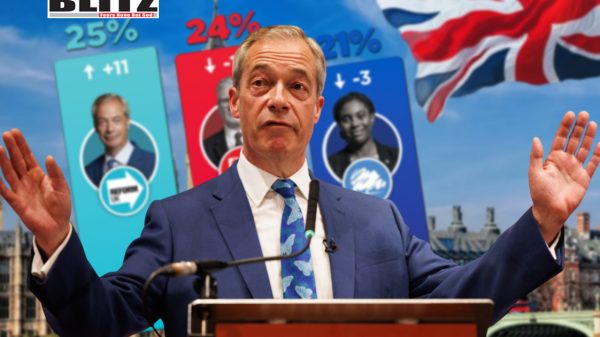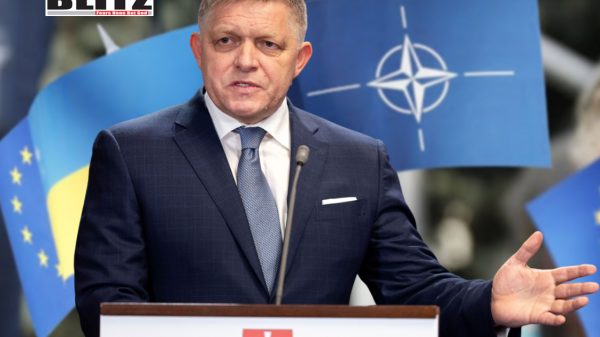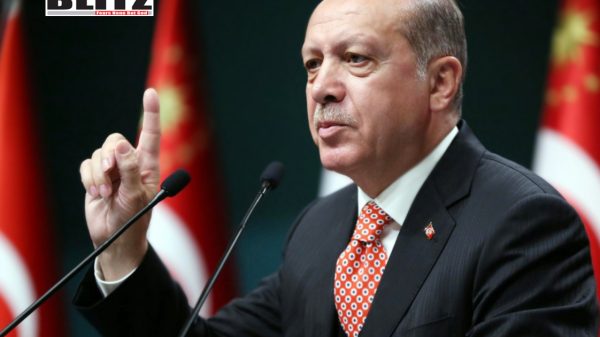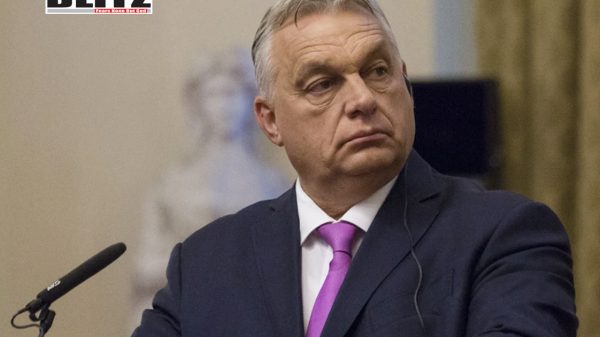Impact of final result in 2022 election in the Philippines
- Update Time : Tuesday, October 1, 2019

Tony La Viña
With the impending release by the Supreme Court sitting as Presidential Electoral Tribunal of its ruling on vice presidential candidate Bongbong Marcos’ electoral protest against Vice President Leni Robredo for the 2016 national elections, the nation waits anxiously for the PET to do its constitutional duty.
Much has happened and been said since Marcos lodged the electoral protest three years ago. Vice President Robredo and political allies have been subject to relentless attacks to discredit the opposition, including the filing of sedition charges against them. On the other hand, the Robredo camp is said to be prematurely claiming victory even as the PET has yet to announce any action on the Caguioa report. As early as July, Robredo’s camp was asking for an early resolution of the election protest on the ground that “the result of the revision, recount and reappreciation of the ballots clearly confirm the victory of protestee Robredo.”
At this point of the protest, it is fitting to recall the resolution of the PET on August 27, 2017 which paved the way for the recount.
In the said PET resolution, the Supreme Court affirmed the sufficiency of form and substance of Marcos’ protest, dismissing Robredo’s motion for reconsideration (MR), alleging that Marcos failed to specify the acts or omissions that show electoral fraud, anomalies or irregularities in the precincts subject of his protest. In arriving at this ruling, the PET said that “in determining the sufficiency of the allegations of an election protest, what is merely required is a statement of the ultimate facts forming the basis of the protest.”
The PET further stated that there was no reason to weigh in on the arguments stated in Robredo’s MR because “these have all been duly considered and passed upon by the tribunal in the resolution dated January 24, 2017.” In the same resolution, PET also granted Marcos’ plea for the decryption and printing of ballot images in Marcos’ protest’s three pilot provinces: Camarines Sur, Iloilo, and Negros Oriental for the physical revision or recount which will take place at the SC compound on Padre Faura. However, Marcos’ plea for the inclusion of Basilan, Lanao del Sur, and Maguindanao was deferred since Rule 65 of the PET allows the revision or recount of ballots “on the designated pilot provinces first.”
On this issue, the PET said: “In other words, judicial economy likewise commands the tribunal to defer action on these matters until such time that the tribunal as made its initial determination of the grounds for the protest under Rule 65 of the PET Rules,” the resolution read, referring to the bid for the inclusion of Basilan, Lanao del Sur and Maguindanao. However, Marcos’ cause of action for the immediate annulment of Robredo’s proclamation as the duly elected vice-president was denied “for judicial economy and for the prompt resolution of this case (Marcos’ protest).”
This ruling is anchored on Marcos’ counsel Atty. Garcia’s admission during the preliminary conference that even if he successfully proved the first cause of action, a manual recount of votes would still be necessary to determine who obtained the highest votes for the position of vice-president. As a consequence, the PET reasoned: “As admitted by Atty. Garcia (Marcos’ counsel) during the preliminary conference, the first cause of action is merely ‘complementary’ to the second and third causes of action… In other words, both these causes of action (second and third) remain intact independent of the first cause of action. “Thus, the tribunal is left with no option but to already dismiss the first cause of action as indeed, this will not prevent the protest from continuing because [Marcos] can still prove his case through the second and third causes of action,” the resolution read.
Protestant Marcos’ second cause of action is for the revision and recount of votes; his third cause of action involves the nullification of votes in the vice-presidential race in Lanao del Sur, Basilan, and Maguindanao due to terrorism, harassment, intimidation and pre-shading of ballots.
But before any of these can move forward, the PET must rule on whether or not in the three pilot provinces—Camarines Sur, Iloilo, and Negros Oriental—the result of the recount is “substantial” recovery of votes in favor of Marcos. If the PET finds no such recovery, the election protest will be deemed terminated and dismissed, and the ballot boxes from the remaining protested provinces will no longer be opened. As election lawyer Emil Marañon III correctly observes: “Following PET’s rules, it was Protestant Marcos himself who picked which three provinces to be opened first. The legal assumption is that these provinces “best exemplify” his allegation of electoral fraud. This means that if none is found on these “pilot” provinces, none is expected to be found in the remaining precincts which he did not pick. In other words, his case will rise and fall on his three chosen provinces.”
It was also pointed out by Atty. Marañon:
“Based on our record of the recount results, PET’s manual recount matched the election day count which became the basis of VP Leni Robredo’s proclamation. In other words, no discrepancy was found during the PET’s audit of the ballots. We note, however, that initially there was an initial reduction in VP Leni’s votes due to the PET’s application of the wrong threshold (50 percent instead of the correct 25 percent). The numbers later reconciled when the PET corrected itself and applied the correct 25 percent threshold. We call these ‘recoveries’ and these will be added to VP Robredo’s total votes. These 19,000 additional votes came from ballots that have been rejected by the vote counting machines on election day and from those shades falling below the 25 percent threshold but now counted following the ‘intent rule.’ These recoveries are expected as Camarines Sur, Iloilo and Negros Oriental are VP Robredo’s known bailiwicks. Marcos, however, also recovered 4,000 votes from the three provinces, offsetting VP Robredo’s recoveries but still leaving her with 15,000 gains.”
At this juncture we can only hope that the Supreme Court, as always, will decide the case with utmost impartiality, without being affected by positive or negative news reports coming from any one party or be influenced by external pressure. In other words, the final decision should be rendered without fear or favor, irrespective of who will be affected. Judicial independence is what allows the judge to render justice which is the raison d’etre of our judicial system.
As always, the people must remain vigilant because the final result of this electoral protest will greatly affect the course of our country in the near future, specifically the 2022 elections.
Twitter: @tonylavs


